I never had to worry about working out. Never thought I did, anyway.
I was one of those guys blessed with a hummingbird metabolism. I could eat and drink whatever I wanted, whenever I wanted, without gaining a pound. That’s the way things always had been. That’s the way my scrawny butt imagined things would always stay – right up to the day when I felt my throat close up, my tongue sprout hairs, and my gums explode into a roaring, itching inferno.
This was the end. I spent the days before my doctor’s appointment convinced that I’d managed to contract malaria, bird flu, meningitis, and that one ailment you can only get by eating undercooked tarantulas.
Now the judicious reader might’ve guessed that I did not in fact die from some rare and excruciating disease. My body, it turns out, had suddenly decided to become allergic to apples (which is something bodies can do, since they’re basically just sacks of bones and betrayal). After an understandably exasperated doctor explained that I would survive, I decided that now, at long last, I was going to really and truly do it. No more imagining that I was invincible. No more coasting. No more excuses. I was going to commit to a diet, commit to a plan, and at long last become the chiseled demigod I was always meant to be.
And for a while, I actually made it happen. For a while.
Despite my zeal, I wound up sliding back to my old habits, and it took three more failed attempts before I finally managed to develop a routine and stick with it.
So what clicked? Was it through sheer force of will? Some mystic secret revealed by a mountain-dwelling hermit? Some infomercial gimmick purchased with eight easy payments?
Nope.
It was the slow, embarrassing, and utterly liberating realization that the main obstacles to my fitness weren’t at the gym. They were in me.
I sabotaged myself four times. You don’t have to, and it’s going to start by addressing…
Pride
Make no mistake, there are good types of pride. Pride in your accomplishments. Pride in your commitments. But that’s not what we’re talking about here. We’re talking about the defensive shield we use to cover our insecurities – the excuses we make to spare ourselves the risk of embarrassment.
And it can be embarrassing.
Gyms (and most of the health industry) market themselves with images of gorgeous people who look like they climbed down from the Sistine Chapel. While the intention is to suggest these weights or barrels of whey powder will turn you into an extra from 300, all they actually do is remind us how far we are from that ideal (more on that in a minute).
Let’s face it – fitness can be intimidating. You don’t want to look like an idiot for using this machine wrong. You don’t want to look like a wuss for not adding enough weight. You don’t want to look ignorant for not understanding exactly what a “macronutrient” is. You don’t want to fail – which is the reason it takes so long for people to even try.
Here’s the lesson it took me damn near a quarter-century to learn: You can’t remodel yourself without risking some cracks in your self-image. Change is not only difficult, it’s embarrassing. It’s the admission that there’s something insufficient about who you are right now. It’ll take a while to come to grips with it (hopefully not as long as it took me), but you have to ask yourself what’s more important: the prospect of looking dumb in front of some strangers you’ll never see again? Or living the rest of your life with the nagging knowledge that you were too self-important to be all that you could?
Of course, when you actually commit, you’ll realize the thing that I probably should’ve known all along:
Nobody cares.
Nobody.
The guy on the bench press has better things to focus on than whether or not you’re doing your best. The woman on the next treadmill over is more absorbed with whatever land speed record she’s trying to break than the settings on your machine. Hell, the only time anyone actually did care about what I was doing was when some friendly giant helped correct my form. Simple truth of the matter is that the only person telling me I didn’t belong there was me.
Perfectionism
If pride keeps you from ever starting your plans, perfectionism keeps you from ever finishing them. It’s another form of self-sabotage, only more dangerous, as it disguises itself as something noble.
This, too, I had to learn the hard way.
After my first failure, I promised to push myself even harder. Enough messing around. I was going to stick to a high-protein diet, no matter what. I was going to power through, no matter what. I was going to work out every day, no matter what (yes, that’s a terrible goal). And believe it or not, I actually stuck with it for a solid two months – longer than I’d ever managed before.
And obviously, I wound up botching it.
I missed a day – a single day, and I had the nerve to throw my hands up in the air and declare, “Screw this. It’s impossible.”
Well, of course it was. I’d designed it to be impossible.
Not consciously, of course, but some small, sniveling part of me used perfectionism as a way of creating a false-dilemma – an “all-or-nothing” scenario – something especially dangerous when you’re stuck doing something you normally wouldn’t want to. It’s the insidious (and completely wrong) idea that a single error or misstep ruins the entire project. On a diet and cheat with a piece of pizza? The all-or-nothing impulse tells you, “Well, you screwed up. Might as well keep going.” Smoke a cigarette after six months of quitting? Might as well smoke six more! Miss a day of exercise? Well, there goes the whole routine!
Of course, spelling it out here reveals it for what it really is: ridiculous. There’s absolutely nothing that says you can’t get back after a slip. One botched day is not a disaster, it’s one botched day. When it comes to committing to fitness, that’s a critical skill to learn because you will fail. Work will pile up. You’ll come down with a nasty flu. You’ll have to rush off to some wedding or funeral. You’ll get home one day just too exhausted. You’ll forget.
It’s okay.
That is the secret that perfectionism doesn’t want you to know: it’s going to be okay.
This isn’t a video-game achievement. There is not (as much as your weaker self would like to believe) some imaginary timer that magically resets all of your progress when you miss a day, a week, or even a month. You need to get over yourself.
This is not, of course, to say that you should shirk your duties whenever you feel like it – only that there’s a line between humility and defeatism. Forgiveness comes after you screw up, not before.
Overcomplication
Granted – this one’s not on us. Not entirely, at least.
The past few decades have seen the health industry explode in both size and scope, and with that increase in demand has come an absolute flood of studies, products, equipment, and accessories. While there’s nothing wrong with people wanting to invest in their wellbeing (and use the most cutting-edge research and tools), that overabundance of options can actually be harmful to beginners. With so much information (and misinformation) out there, it’s easy to start drowning.
Are eggs a fantastic source of energy or the devil’s cholesterol bombs?
It’s easy to get suckered into weeks of research. Hell, it’s even tempting. For anyone as naturally lazy as I am, the endless supply of conflicting videos and articles can offer an easy way of excusing myself from actually putting in the effort. Of course, there’s nothing wrong with being educated, but there is something wrong when research becomes procrastination. Now, that’s not something you’ll do intentionally – the language used in these clickbait articles is designed to play on your legitimate concerns. In spite of what they might tell you, you aren’t going to blow out your kneecaps by just looking at the wrong running shoe. You aren’t going to miss out on some critical shortcut that's turning everyone else into Olympians.
The simple truth is this:
You don’t need to know everything.
Not today, anyway.
Yes, research is important. What it isn’t, however, is an easy way out. Consciously or unconsciously, that’s what it’ll become if we’re not careful. You don’t need to know the proper form for all twenty-seven variations of an exercise, you need to know how to properly execute one. You don’t need to know the ideal protein shake if you don’t have a blender. You don’t need to use each and every piece of equipment in the gym. You don’t need another way out.
Bad Expectations
Now I’m not strictly talking about expecting too much growth, or expecting it too quickly, or anything like that. Those are real issues (and important ones), but my mistake stemmed from something more fundamental: the very ideal I was pursuing.
A lot of us – particularly those of us who’ve always been underweight – get driven along by a vague impulse to improve without much of an idea what that improvement should be. That lack of vision can be dangerous – not just because it keeps you from moving toward a set goal, but because the goal you wind up chasing might be downright harmful.
We’re routinely fed one ideal body type. Narrow waist. Broad shoulders. Massive, bulging, impeccably defined muscles – all that stuff that would make a Greek statue look flabby by comparison. While guys don’t have it as bad as women, there absolutely is pressure to look a certain way – to conform to a certain “ideal” body. After being bombarded with it from movies, magazines, and advertising, we tend to accept it without much thought. After all, the actors we see on screen all conform to that image. They’re out there leaping off the sides of buildings and elbow-dropping aliens. That has to be the apex of fitness, right?
Wrong.
Very, very wrong.
The harsh fact of the matter is that the image we’re presented with in media usually isn’t realistic or even desirable. Yes, those actors do manage to pull it off, but they’re not saddled with the same limitations and responsibilities the average guy is going to face. Take it from It’s Always Sunny In Philadelphia’s Rob McElhenny:
Look, it’s not that hard. All you need to do is lift weights six days a week, stop drinking alcohol, don’t eat anything after 7pm, don’t eat any carbs or sugar at all, in fact just don’t eat anything you like, get the personal trainer from Magic Mike, sleep nine hours a night, run three miles a day, and have a studio pay for the whole thing over a six to seven month span. I don’t know why everyone’s not doing this. It’s a super realistic lifestyle and an appropriate body image to compare oneself to.
That’s not to say that image can’t be the goal you’re going for, but it’s not the only option out there, and it’s certainly not the only measurement of actual fitness. While bodybuilders tend to get viewed as the ultimate athletes, the truth is that the workouts that get you shredded aren’t necessarily the same ones that will make you strong. The diets and caloric needs are going to be different. The muscles where you’re going to see the most pronounced changes aren’t necessarily the ones that give you power. In simplest terms: there is no be-all-end-all physique, only the image of one (shifting with time and changing across cultures).
“Does the body and routine that I’m going for match up with the lifestyle I want to lead?”
I should’ve asked myself that question a long time ago. You should be asking it now.
Your health will last longer than your good looks will. Your ability to step up in emergencies is going to hinge more on simple strength and endurance than your glamour muscles. Are you going to be able to chase down a purse-snatcher? Hike for miles through snow and ice? Haul a stranger to rescue? In the words of the world’s most badass British butler: “What is the point of all those pushups if you can’t even lift a bloody log?”
Now, that’s not to say that looking good and being actually strong/agile/proficient in the five-point-palm-exploding-heart-technique are mutually exclusive – not at all. It’s just that, at a certain point, those paths start to diverge, and there’s nothing wrong with choosing one over the other, so long as it’s a conscious choice.
And for all of that…
It Gets Easier
For all those fundamental changes that need to be made, for all that misinformation you need to undo, it absolutely will get easier. Easier to call yourself out on your bullshit, easier to forgive yourself when you fail, easier to tune out all the noise about how you should buy a certain product to look a certain way.
And there’s no time like the present.
Your late twenties and early thirties give you a unique opportunity like no other. You’re finally at an age where you have a decent grasp on adulthood. You’re old enough to know who you are, stable enough to have the time and money to invest in yourself, but still young enough to have the energy to follow through. The foundation you lay today is going to last decades, but you need to start now.
Not when you’re struggling to find time between countless commitments. Not when your bad habits catch up to you (and they will catch up).
Not when that tickle in your throat is something worse than a dumb allergy.
Now.
It took a spectacularly stupid health scare to get me serious about my health. It took attempt after flunked attempt to discover all the ways I managed to sabotage myself, and I’m still screwing up. What I can say is that I’m screwing up a little less each time. I’m picking myself up a little faster after every tumble. I’m getting better at swallowing my pride. I’m getting better about pursuing my own goals instead of the ones society and media say I ought to have. I’m getting better at allowing myself to take things one step at a time.
It’s taken a while – longer than it should have – but I’m finally starting to care more about the person I want to be than the person I am.
I got my wake-up call.
This is you getting yours.



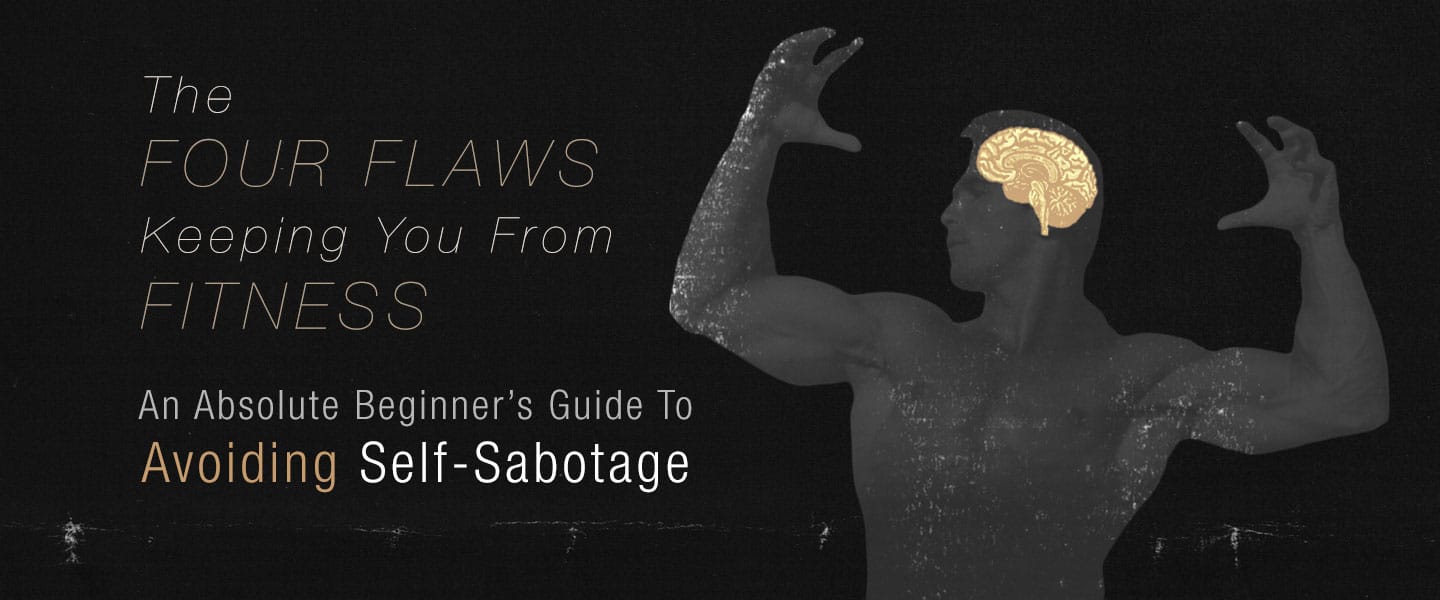
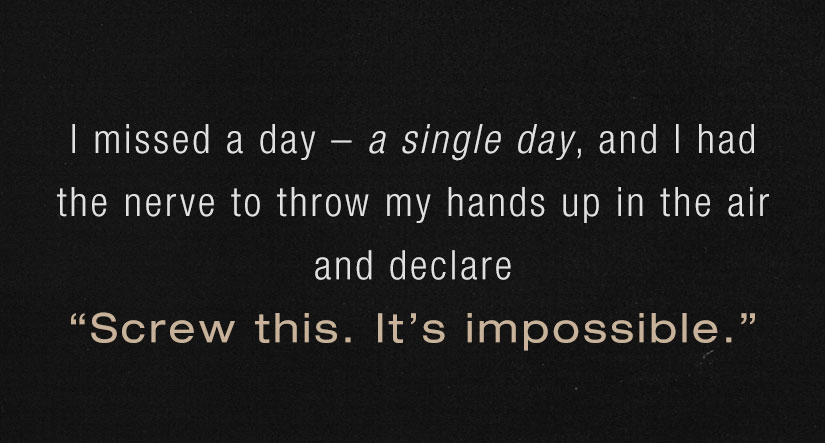
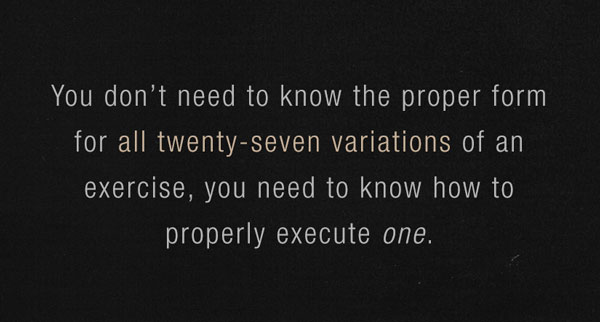
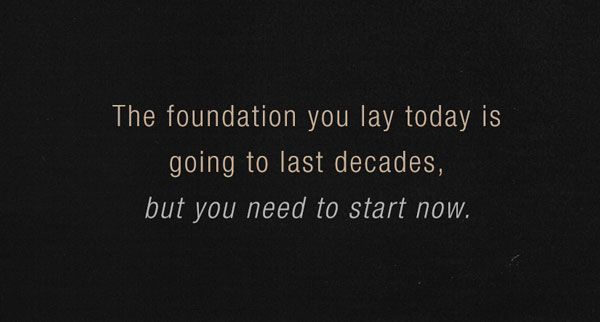

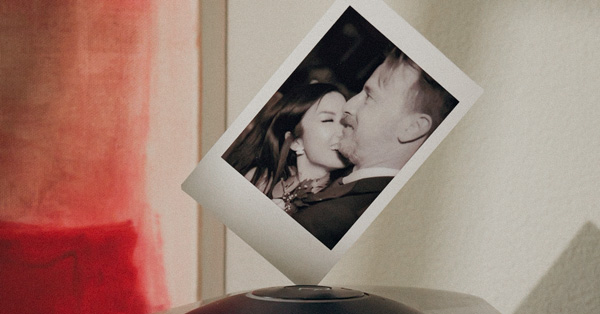

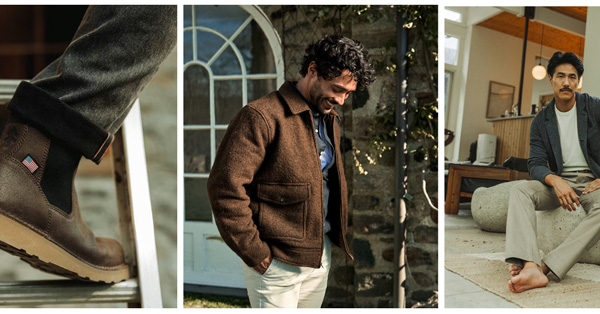

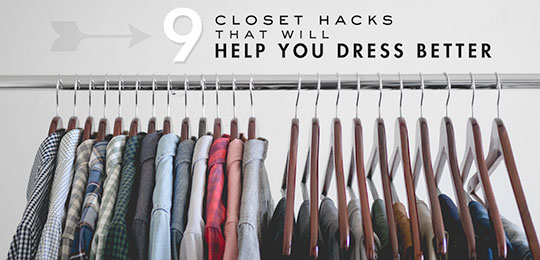
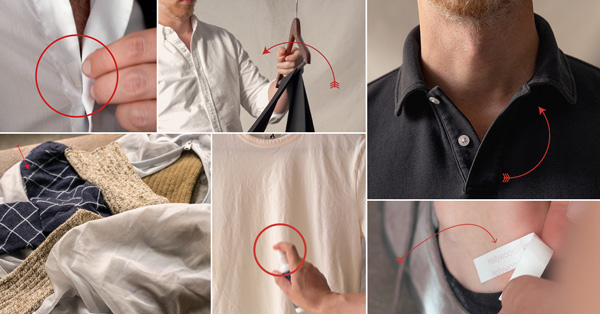




![It’s Time to Begin Again: 3 Uncomfortable Frameworks That Will Make Your New Year More Meaningful [Audio Essay + Article]](https://www.primermagazine.com/wp-content/uploads/2025/01/begin_again_feature.jpg)
